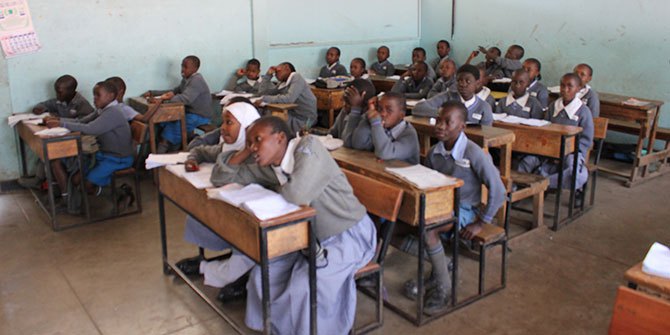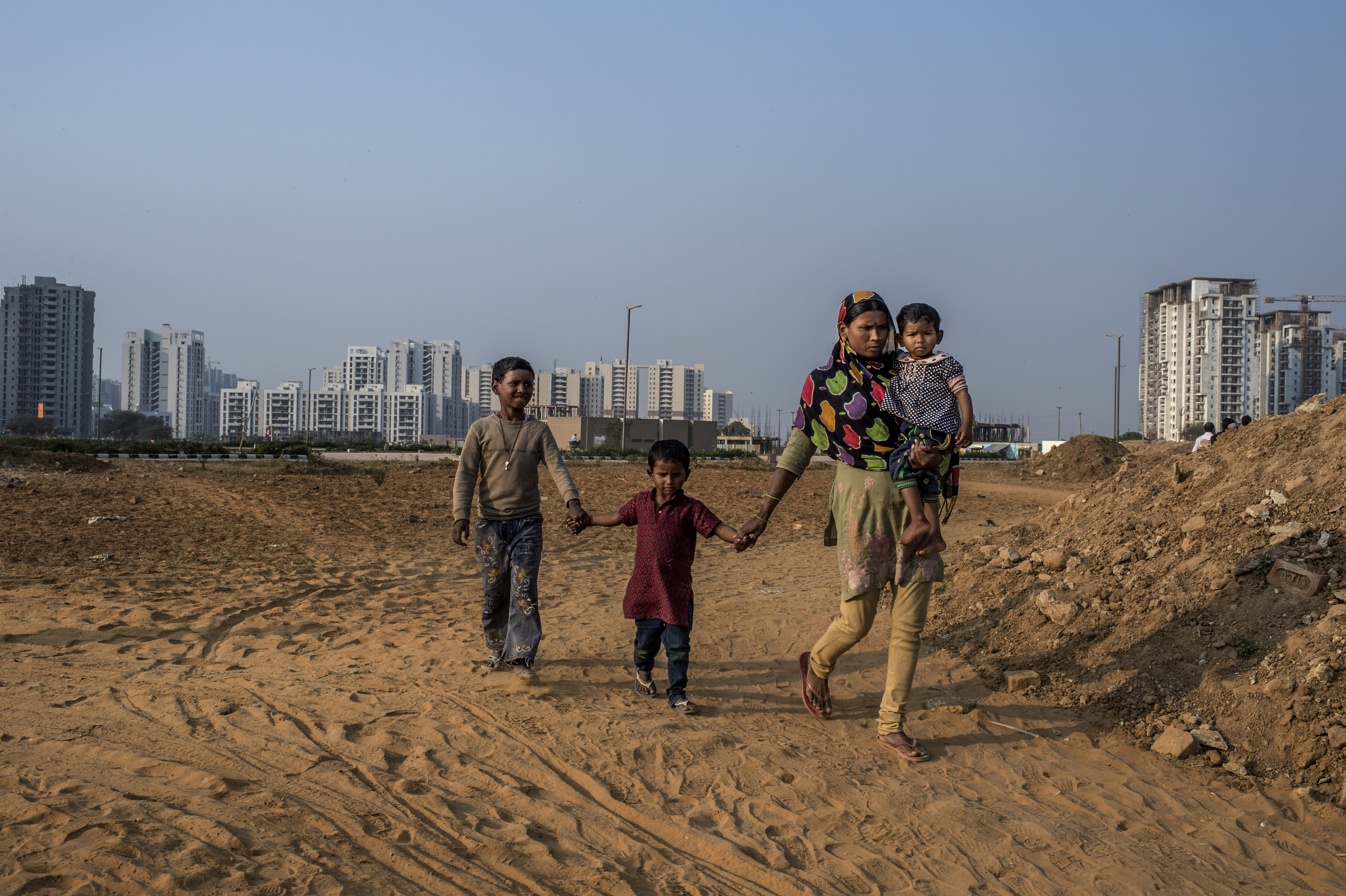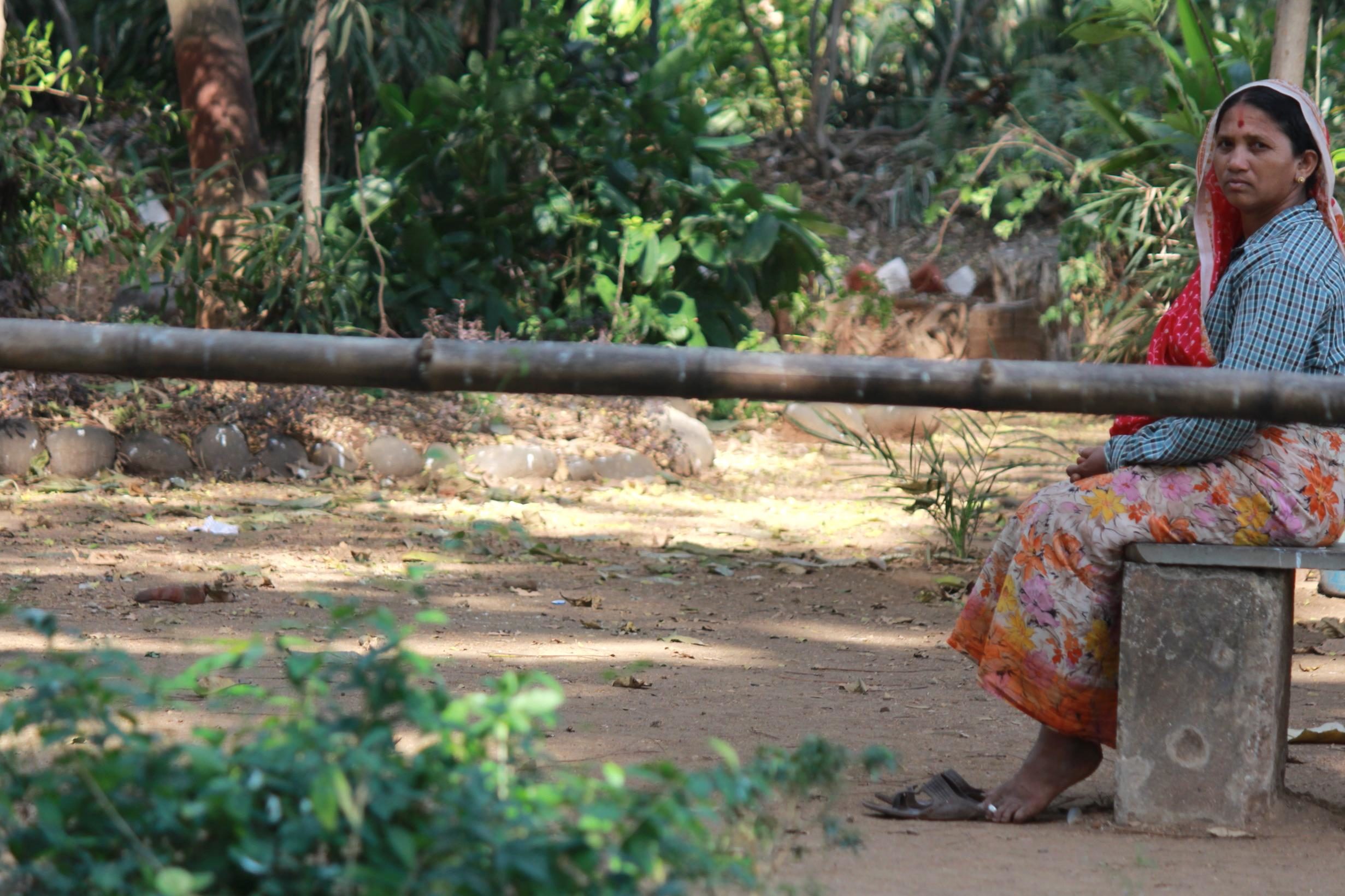Regular teacher strikes in Kenya are risking the future of the next generation, argues LSE’s Caroline Miring’u in a post originally written for the Africa at LSE blog.
Public school enrolment and attendance in Kenya has grown but as long as the system is plagued by unending teachers’ strikes, the future of our children’s education is in jeopardy. Kenya’s educational system has evolved over the last several years and, like most systems, there are private and public (or government) schools. There have been major reforms in the educational sector aimed at making the public system just as competitive as the private.
The introduction of free primary education in 2003 saw an explosion of the student-teacher ratio which rose from 30:1 to 60:1 against the UNESCO standards of 24:1. Due to this, public school performance plummeted and parents who could afford chose to move their children to the better-performing private schools.

Then, in 2014, entry into public secondary schools was changed from enrolment by merit across the board to priority being given to pupils from public primary schools. This gave the latter a higher chance of being enrolled in a good public secondary school. This caused panic among parents and led to a huge reverse shift of children transferring from private to public schools.
Amid these changes, the educational system was still beleaguered by teachers’ strikes. Teachers make up over a quarter of the civil servant workforce and over the past seven years, there have been eight strikes strategically held during the national examinations period as a way of forcing the government to increase their salaries. Although the teachers complained of being paid poorly, statistics showed that Kenyan teachers receive the third highest salaries on the continent after South Africa and Morocco. The lowest paid teacher in Kenya earned seven times more than a teacher in Burundi with the highest paid earning almost 12% more than the average pay in Kenya. The annual pay of the lowest paid teacher in Kenya was Ksh. 284,304 versus their Ugandan counterpart earning the equivalent of Ksh. 146,900 and the average teacher’s salary in Tanzania was the equivalent of Ksh. 190,000 per year. This clearly suggested that contrary to popular belief, teachers in Kenya are not so badly paid after all.
2015 was no exception to the rule but this time, the government has refused to cave in. The pay increment mean that 61% of the government’s annual revenue income would be used to pay teachers up from 52%, leaving the rest of the public service workforce, essential public services and development projects struggling to keep afloat with the remaining 39%. The teachers’ union took the government to court and the Supreme Court ruled in favour of the teachers ordering the government to award the pay rise. This left the government and civil servants at a stalemate.
September, the final term of the year during which candidates take their national examinations, began with teachers receiving a directive from their union not to report to work. Children had to stay home and the parents had to seek alternative methods of tuition for their children. The candidates have struggled with no teachers to help them revise and prepare for the upcoming examinations.
On 20 September 2015, after a three-week stand-off, the government ordered all schools (both public and private) to close until the matter could be resolved. On 21 September 2015, the private schools’ association appealed through the courts for classes to resume their classes as their teachers were not part of the union. The court granted their appeal. On 5 October 2015, after a 35-day stand-off, the teachers’ strike was suspended for 90 days pending deliberations. That period will end just in time for the beginning of the first term of 2016 and it is not clear if the issue will have been resolved by then or whether it will spark off another strike.
Teachers are figures of authority entrusted by parents and the state to mould children by giving them a firm, well-rounded foundation. As a parent with a child in a public school, I worry about my child’s future, I worry on behalf of the candidates who will be expected to perform at their optimum despite the constant disruptions. I wonder if our leaders’ children attend public schools because they do not seem to empathise with our plight. I implore our teachers, their union leaders and government officials to reach an agreement. I represent the parents and I speak for the children who will be the future leaders expected to continue the country’s lineage. I stand for our children.
Caroline Miring’u is a LSE PfAl Fellow and a Masters student.
The origional post on the Africa at LSE blog can be found here.






good post